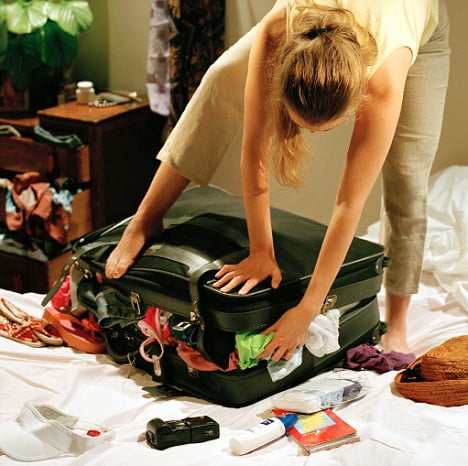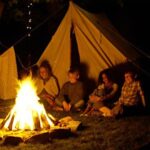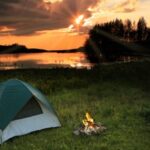by Daniel Lawton

There are few things more intolerable than lugging a fifty-pound pack through the woods day after day. Yet, every year, thousands of campers make their trip less enjoyable by engaging in one of the cardinal sins of backpacking: overpacking.
An article in today’s Washington Post highlighted the trend toward ultra-light packing, where campers utilize ultra-light camping gear and better planning to significantly reduce their load.
According to the article, campers are now carrying packs that weigh as little as five pounds. To do so, they are making a number of adjustments, from cutting off the handles of their toothbrushes to shearing off backpack straps.
Though stuffing your suitcase full of extra socks when you’re going on vacation isn’t a big deal, packing extra gear when backpacking can result in a number of hazards. If you have knee or back pain, packing heavy can aggravate your injuries in addition to possibly causing new ones.
The Post lists four steps to packing light.
(1) Try to reduce the weight among your tent, backpack and sleeping bag. You can substitute your tent with a tarp and use a simple backpack that doesn’t add bulk with extra pockets and zippers.
(2) Prioritize, prioritize. Go over a list of things to bring and figure out if you really need everything you think you need. Do you really need an extra pair of pants for a two day trip? Is it really necessary to bring a fresh shirt for every day you’re on the trail.
(3) Bring items that have multiple uses. Whether it’s using a bandanna that doubles as a potholder or a water bottle that doubles as a small cooking pot, items that have more than one function can help cut down on weight.
(4). You have to eat on your camping trip, but you don’t have to eat a ton. Food is heavy, so make use of freeze-dried items and fruit. Eating an MRE for dinner is also a great way to decrease the weight of your grub.
All and all the biggest key to packing light is to stay rational during the packing process and to experiment with small loads each time you go camping. Experience will teach you what’s essential for camping and what you can leave behind.



